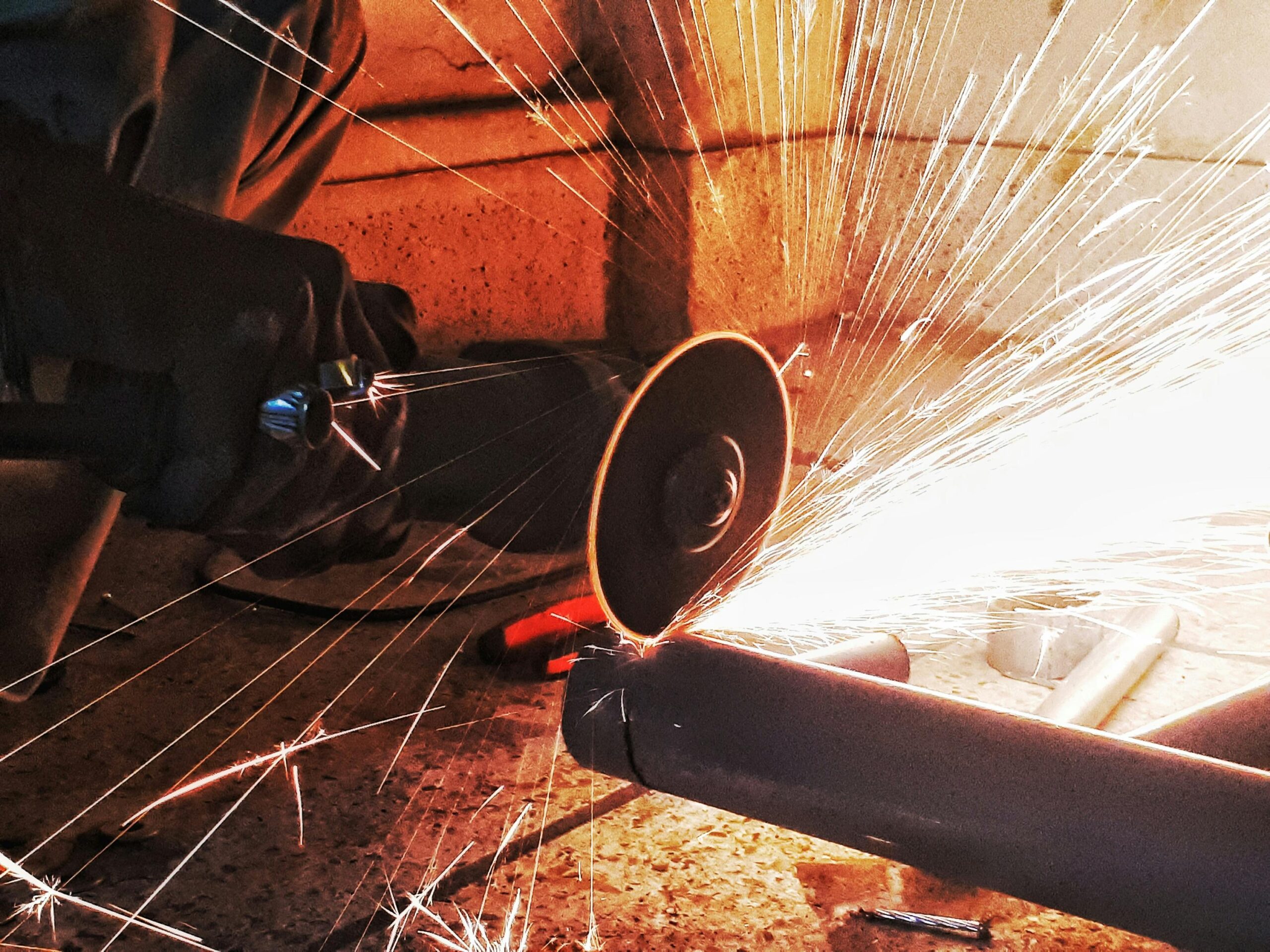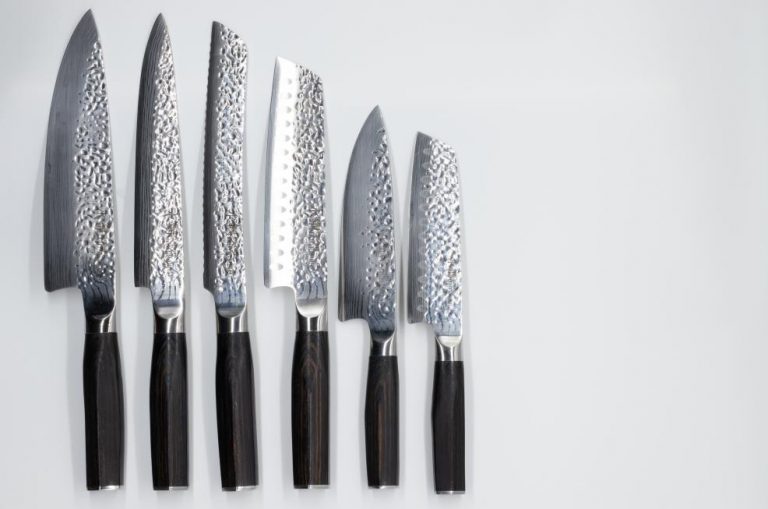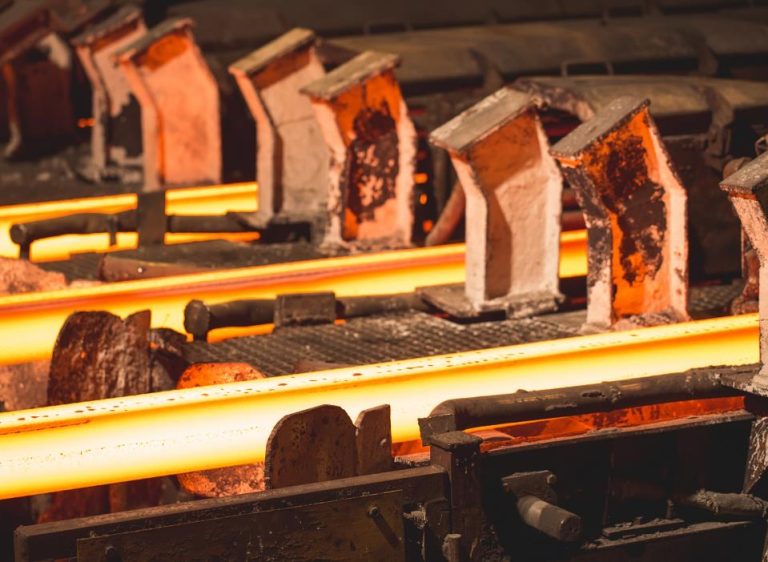When selecting materials for knives, two options dominate: titanium and steel. Each has distinct strengths—steel offers superior hardness and edge retention, while titanium excels in lightweight design and corrosion resistance. With titanium’s density at 4.5 g/cm³ (nearly half of steel’s 7.8–8 g/cm³), the choice hinges on your priorities: durability for heavy use or portability for extended carry. This guide breaks down their key differences to help you choose the right material for your needs.
What Are Titanium Alloys?
Titanium alloys combine titanium with elements like aluminum or vanadium to enhance performance beyond pure titanium. The most common, Ti-6Al-4V (6% aluminum, 4% vanadium), balances strength and lightness, making it a staple in aerospace and high-performance tools.
What Are Steel Alloys?
Steel alloys are mixtures of iron with other elements. You often see carbon, manganese, chromium, or nickel added to change the steel’s properties. Different alloys help create steel with specific strengths, hardness, or resistance to rust.
Buy Wholesale Knives and Start Scaling up with Us Today
Contact us and connect with a sales rep to get a free quote.
Titanium vs Steel: Core Comparison
Titanium and steel are both popular choices for knife blades, but they perform very differently depending on your needs. Each material has unique properties like hardness, weight, corrosion resistance, and price, which affect how they perform in various uses.
Hardness
Hardness shows how well a metal can resist scratches, dents, and other forms of surface damage. For knives, higher hardness usually means a stronger edge and better performance when cutting, slicing, or piercing.
Steel typically scores higher on hardness than titanium. For example, a typical Brinell hardness score for steel is around 120, while titanium comes in at about 70, making steel the harder of the two metals.

Weight
The density of a metal has a direct effect on the weight of the finished knife. Titanium is much lighter than steel, with a density of about 4.5 g/cm³ compared to steel’s 7.8 g/cm³. That means blades made from titanium are far lighter, which can make them easier to carry and use for EDC while steel blades offer better momentum for chopping, appealing to users who value a “solid” feel.
Corrosion Resistance
Corrosion resistance helps a blade last longer, especially in wet, humid, or salty environments.
Titanium is famous for its excellent corrosion resistance. It forms a natural oxide layer that protects it from rust, making it a top pick for marine applications or outdoor knives where water exposure is common. Titanium will not rust even if scratched.
Most steels—especially high-carbon types—are prone to rust if not properly maintained. Stainless steels do offer better corrosion resistance thanks to added chromium, but even these can rust in harsh conditions or if not cleaned and dried after use.
Edge Retention & Sharpness
Edge retention measures how long a blade keeps its sharp edge with use. Steel, especially in high-grade or heat-treated forms, tends to hold its edge much longer than titanium. The reason is mostly due to its higher hardness and ability to be sharpened to a fine edge. Titanium dulls faster and is harder to sharpen to a razor edge, suiting lighter tasks like utility cutting.
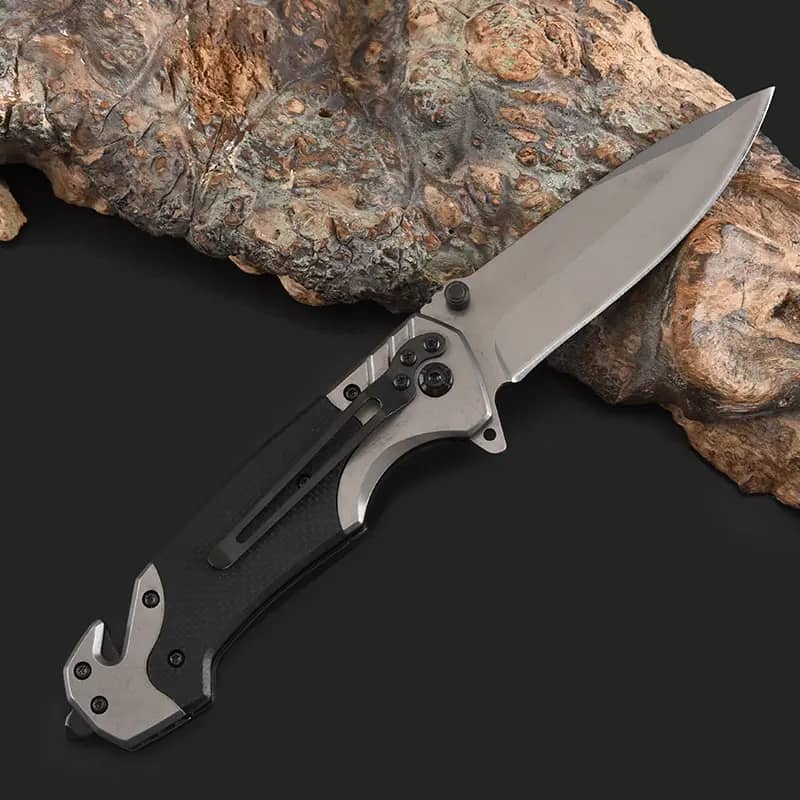
Price
Price is a big factor when buyers are choosing between titanium and steel knives. Titanium is much more expensive than steel, often two to four times higher per pound or kilogram. This is mainly due to the cost of raw titanium and the more complex fabrication processes required to make titanium blades.
Steel, on the other hand, is more affordable and widely available in many grades and forms. It can be heat-treated and processed at lower costs, which means steel blades are usually priced lower without losing quality.
Buy Wholesale Knives and Start Scaling up with Us Today
Contact us and connect with a sales rep to get a free quote.
Is Titanium Stronger Than Steel?
When choosing between titanium and steel, you might wonder about strength. The answer depends on how you define “strong.” Steel is usually harder and has higher absolute tensile strength in most grades. This means it can often withstand more direct force before failing.
However, when you look at strength-to-weight ratio, titanium stands out. For example, titanium alloys can be up to 45% lighter than steel but still offer similar strength. This makes titanium attractive for knives when lightness and endurance matter, like in long hiking or survival situations.
| Property | Titanium | Steel |
| Tensile Strength (MPa) | ~900 | 400–2,000 |
| Density (g/cm³) | 4.5 | 7.8 |
| Corrosion Resistance | Excellent | Good to Excellent |
Which One Should You Invest?
Titanium is best for:
- Outdoor/wet environments (corrosion resistance)
- Extended carry (lightweight design)
- Low-maintenance needs
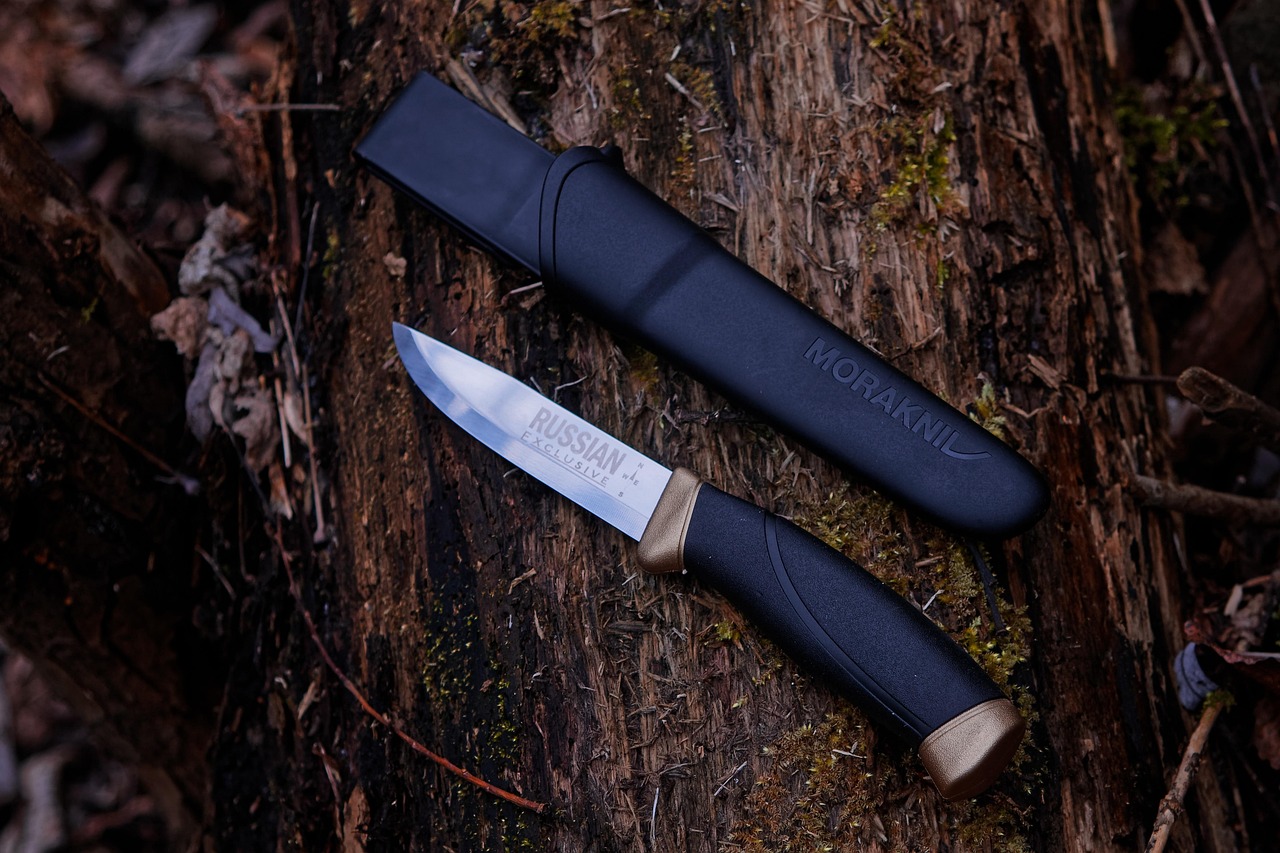
Steel is best for:
- Sharpness and edge retention (kitchen, hunting)
- Heavy-duty cutting (bushcraft, utility)
- Budget-friendly options
Quick Comparison Table:
| Property | Titanium | Steel |
| Weight | ★★★★★ (very light) | ★★★☆☆ (heavier) |
| Edge Retention | ★★☆☆☆ | ★★★★☆ |
| Corrosion Resistance | ★★★★★ | ★★☆☆☆ |
| Price | $$$$ | $$ |
| Best for | Wet/Outdoor | Food/Everyday |
Sourcing with Leeknives
For reliable knife production, partner with a supplier offering OEM and private label services. We specialize in custom designs, bulk orders, and quality control for knives. Whether you need lightweight outdoor blades or high-performance steel tools, we scale to your needs.
If you want to start or expand your knife business with custom manufacturing, you can easily request a quote for more information today.
